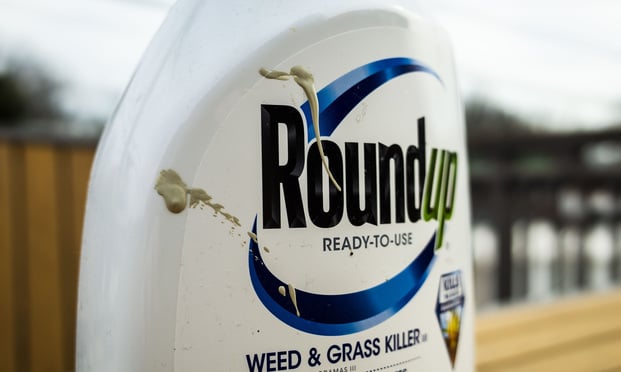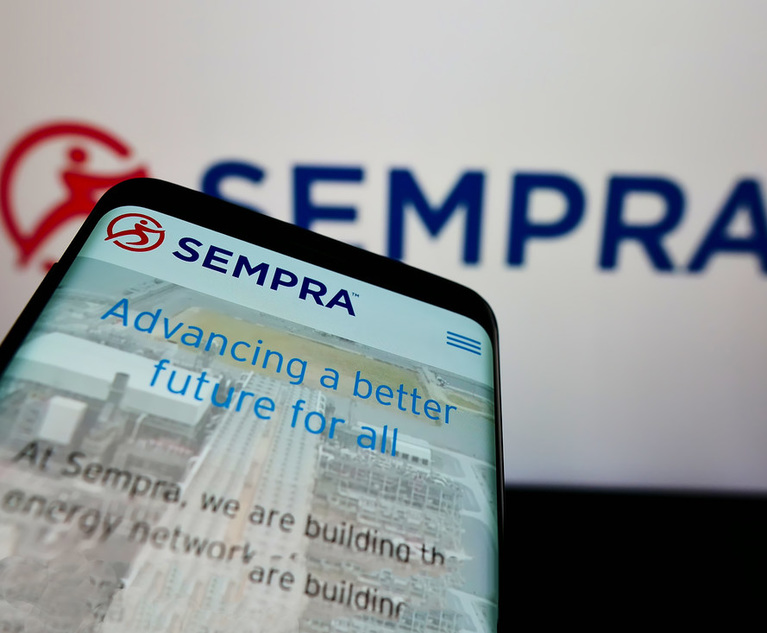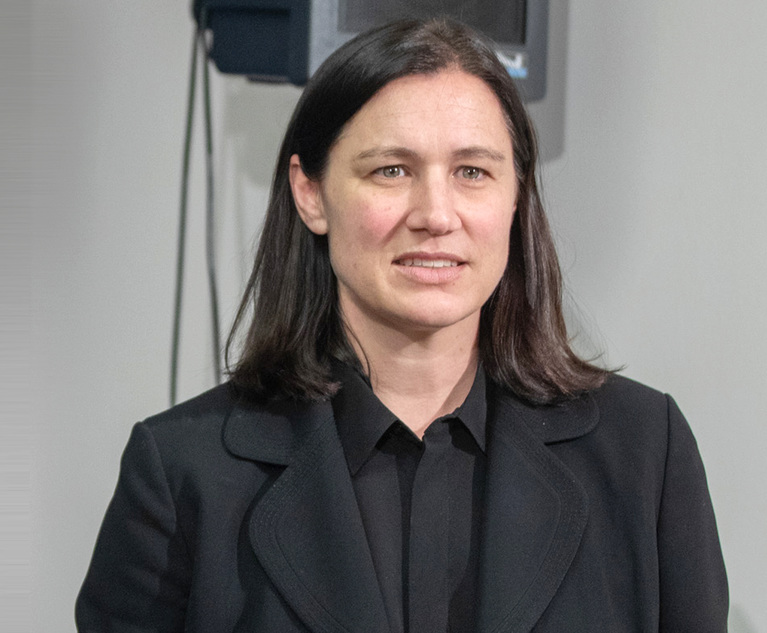A man who won an $80 million verdict over Monsanto Co.’s Roundup last year defended the award on appeal, including the jury’s original award of $75 million in punitive damages.
In a brief filed Monday before the U.S. Court of Appeals for the Ninth Circuit, the plaintiff’s lawyers defended U.S. District Judge Vince Chhabria’s rulings as to the scientific evidence allowed at trial and insisted that federal law did not preempt claims that their client, Edwin Hardeman, got non-Hodgkin lymphoma after spraying Roundup, an herbicide, on his properties for 25 years.

 Roundup weed killer.
Roundup weed killer.








